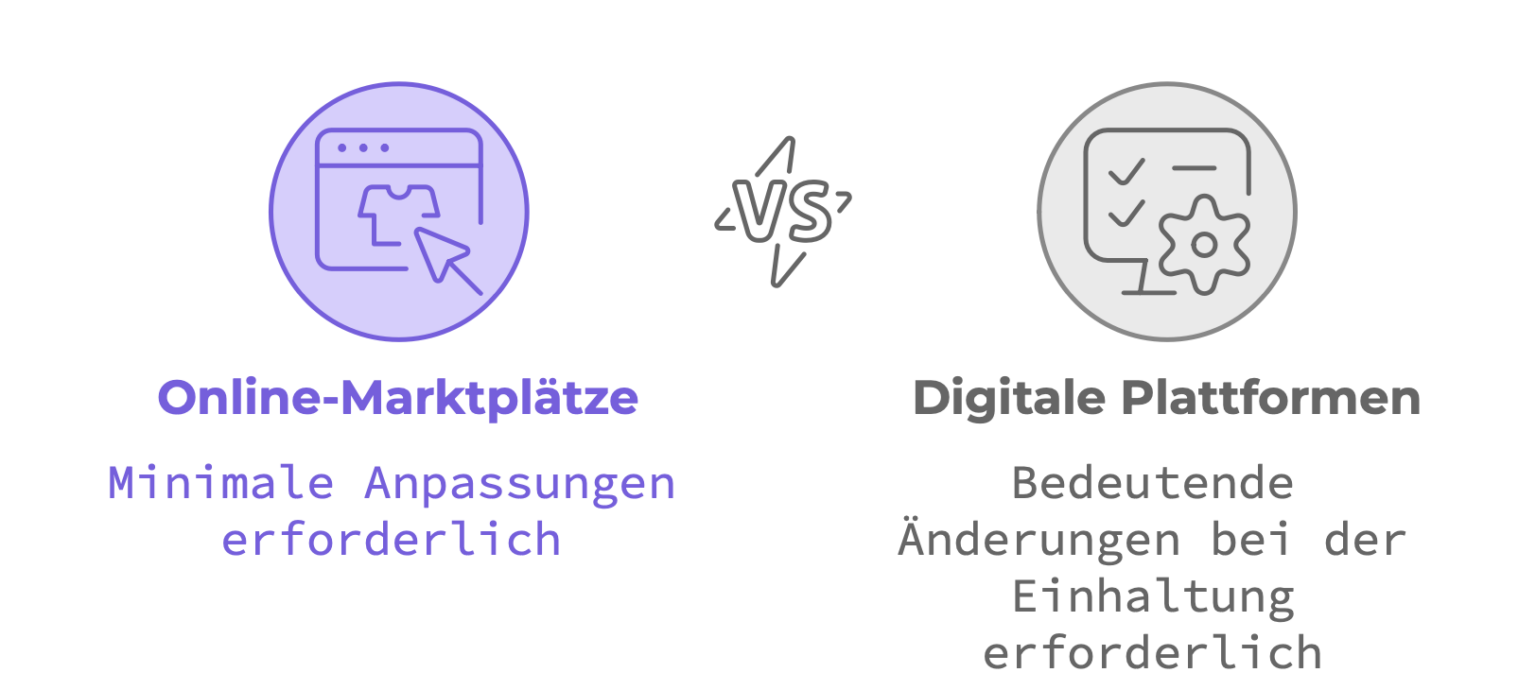On November 5, 2024, after a seemingly endless back and forth, the “VAT in the Digital Age“(ViDA) reform package was officially adopted by the EU’s Economic and Financial Affairs Council(ECOFIN). The aim of the reform is to simplify cross-border trade within the EU and reduce tax evasion. Here is an overview of the most important innovations and effects:
From January 1, 2027, the existing fictitious supply chain for B2C deliveries within the EU, which are carried out by third-country online traders via online marketplaces, will also be extended to B2B deliveries.
In addition, digital platforms that arrange short-term accommodation rentals (up to 30 nights) or transportation services are to be treated as if they had received and provided the services themselves (currently, the DAC-7 Directive and the PStTG “only” require them to report sales). This regulation can only be overridden if the provider informs the platform of their VAT identification number and declares that they will pay the VAT themselves.
Member States can also provide for an exemption for small businesses. The application of this supply chain regulation is mandatory for Member States from January 1, 2030, but can already be implemented
Extension of the supply chain fiction for online marketplaces
Up to now, a fictitious supply chain between the online retailer, marketplace and customer has been assumed for certain third country cases. From 2027, this model is to be extended to all deliveries within the EU that third-country online traders make via marketplaces. The delivery from the marketplace to the customer is subject to regular VAT, while the delivery from the online retailer to the marketplace is exempt from VAT.

Fictitious service chain for accommodation rental and passenger transportation
Digital platforms that arrange short-term rentals (max. 30 days) or driving services should be treated for tax purposes as if they had provided the services themselves. The platform service to the customer is taxable, while the service provided by the landlord/driver to the platform is tax-free. Exceptions exist if the lessor/driver provides their own VAT ID and calculates the tax themselves. This regulation will be mandatory from 2030 at the latest. This regulation will include providers such as Air BnB or UBER.

Practical effects
The changes will lead to a need for adaptation on the part of these same brokerage platforms and increase the demands on the KYC process. Online marketplaces will only have to make minor adjustments as they will already have to update their systems as of July 1, 2021 have already adapted. These changes could affect the platforms’ business model and require adjustments in tax administration and delimitation.

The author: Sven Sistig
Sven Sistig has been working in national and international tax law for 12 years, with a focus on VAT advice and support for start-ups, (online) retailers and influencers. After holding positions at Deloitte and Flick Gocke Schaumburg, he most recently headed the tax department at ABOUT YOU.


